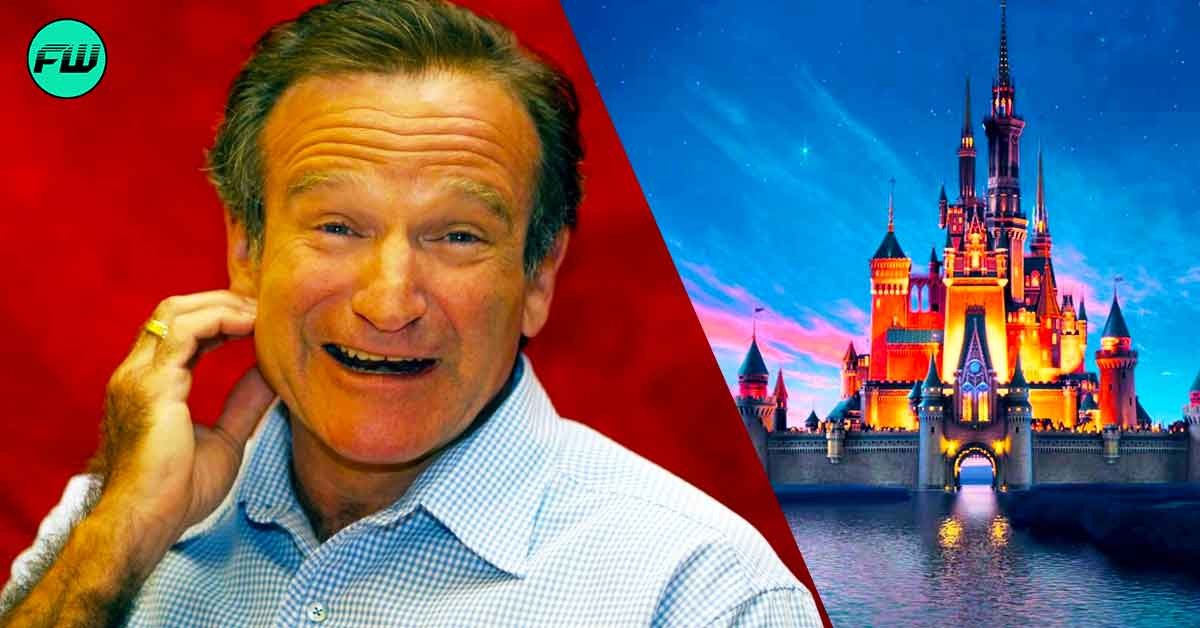The late Robin Williams, a comic genius and actor of many talents, left an indelible imprint on show business. Williams was beloved by his audiences thanks to his impeccable comic timing and dramatic chops. His portrayal of the Genie in Disney’s Aladdin remains one of his most well-known roles.
This well-liked film, however, hides a darker narrative about betrayal and injustice. Fans were outraged that Disney only paid Williams $75,000 for his work on Aladdin, despite the film’s massive success.
Aladdin: A Disney Movie That Blindsided Robin Williams
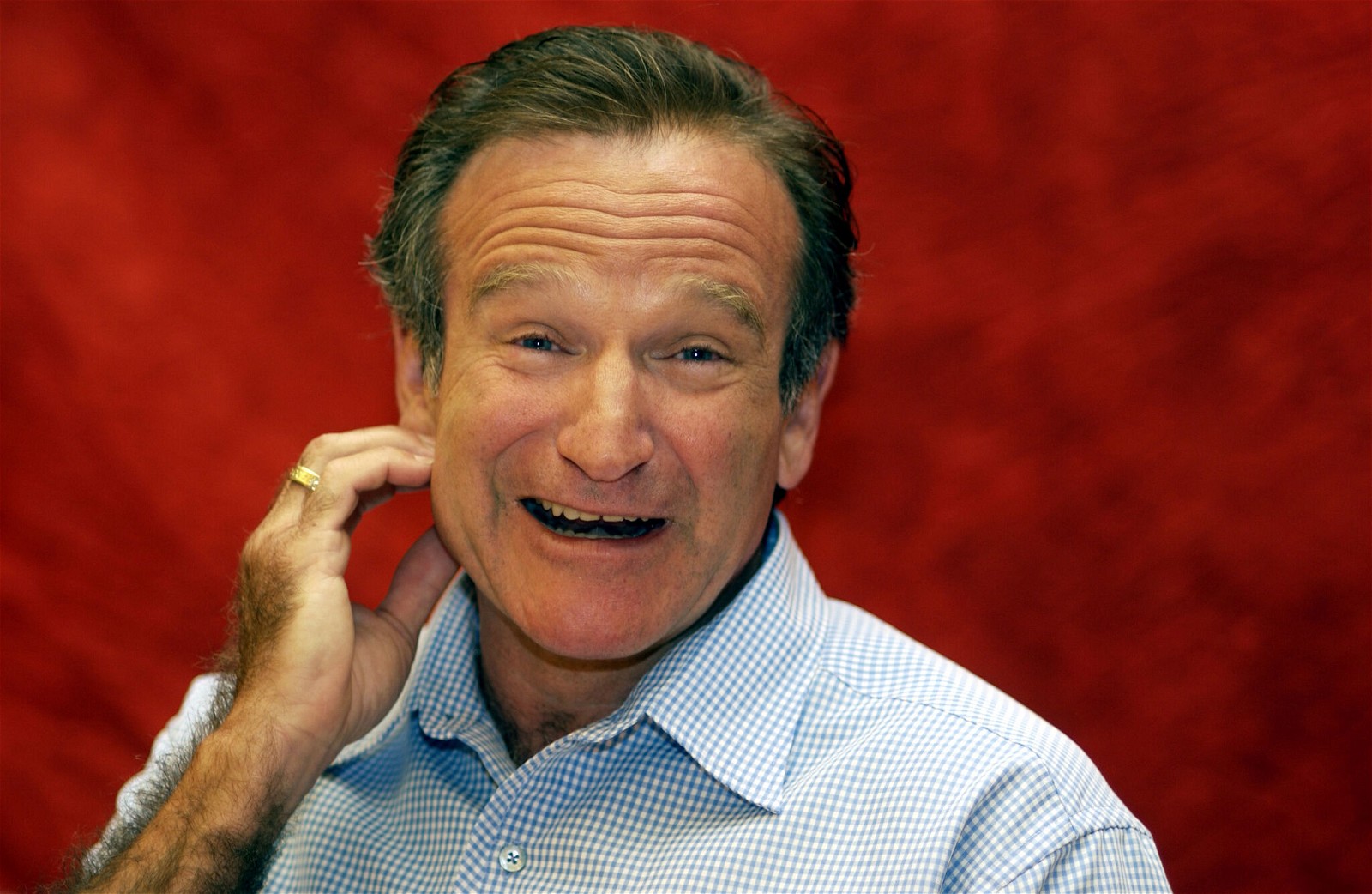
After its 1992 debut, Aladdin was immediately embraced by audiences worldwide. Over $500 million was made from the film’s release, making it one of the highest-grossing movies ever. Audiences were enchanted by Robin Williams’s portrayal of a street urchin who encounters a witty genie upon finding a magical lamp.
Suggested Article: “But I’m still doing action movies”: 75 Year Old Austrian Oak Arnold Schwarzenegger Won’t Give Up on the Action Genre
Williams infused the Genie with his signature wit and boundless energy, making him an instantly recognizable and beloved icon. It’s safe to assume Williams received a healthy paycheck after Aladdin’s massive success.
The opposite, however, was true. Surprisingly, Disney only paid Williams $75,000 for his voiceover role as the Genie, a pittance considering how crucial his role was to the film’s success. To fully grasp the betrayal Williams felt, it is essential to grasp the nature of his agreement with Disney.
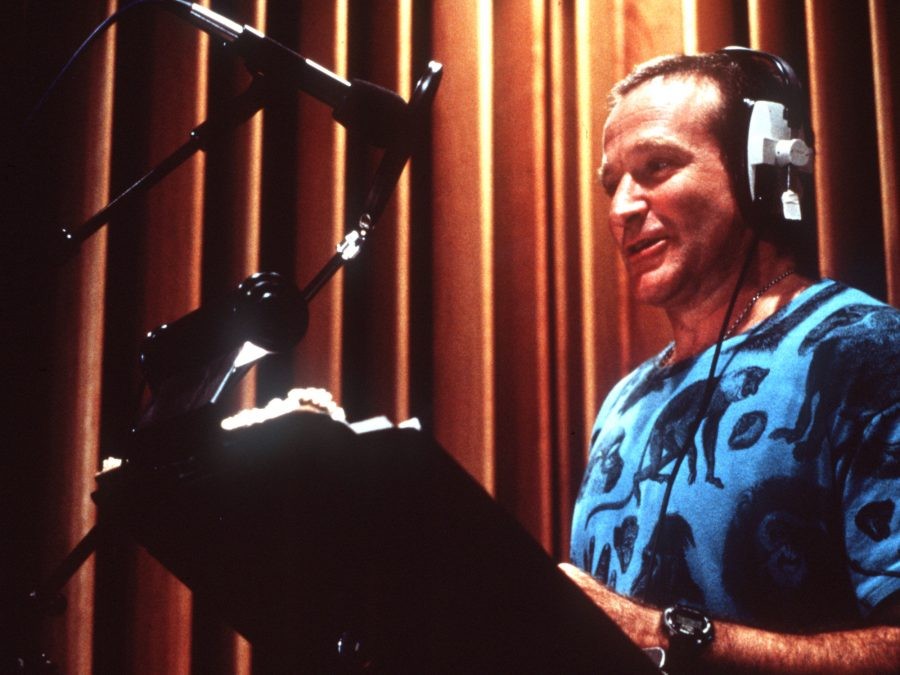
Williams agreed to work for a reduced fee of $75,000, but he insisted that his voice not be used for any Aladdin merchandise. The actor wanted to protect his kids from the inevitable commercialization of blockbuster movies. According to the Los Angeles Times, Williams didn’t “want to sell anything — as in Burger King, as in toys, as in stuff.”
“We had a deal. The one thing I said was I will do the voice. I’m doing it basically because I want to be part of this animation tradition. I want something for my children. One deal is, I just don’t want to sell anything – as in Burger King, as in toys, as in stuff.”
Williams made it clear that he wanted to be a part of the Aladdin project to give his children a unique experience within the animation industry.
Disney Betrayed Robin Williams
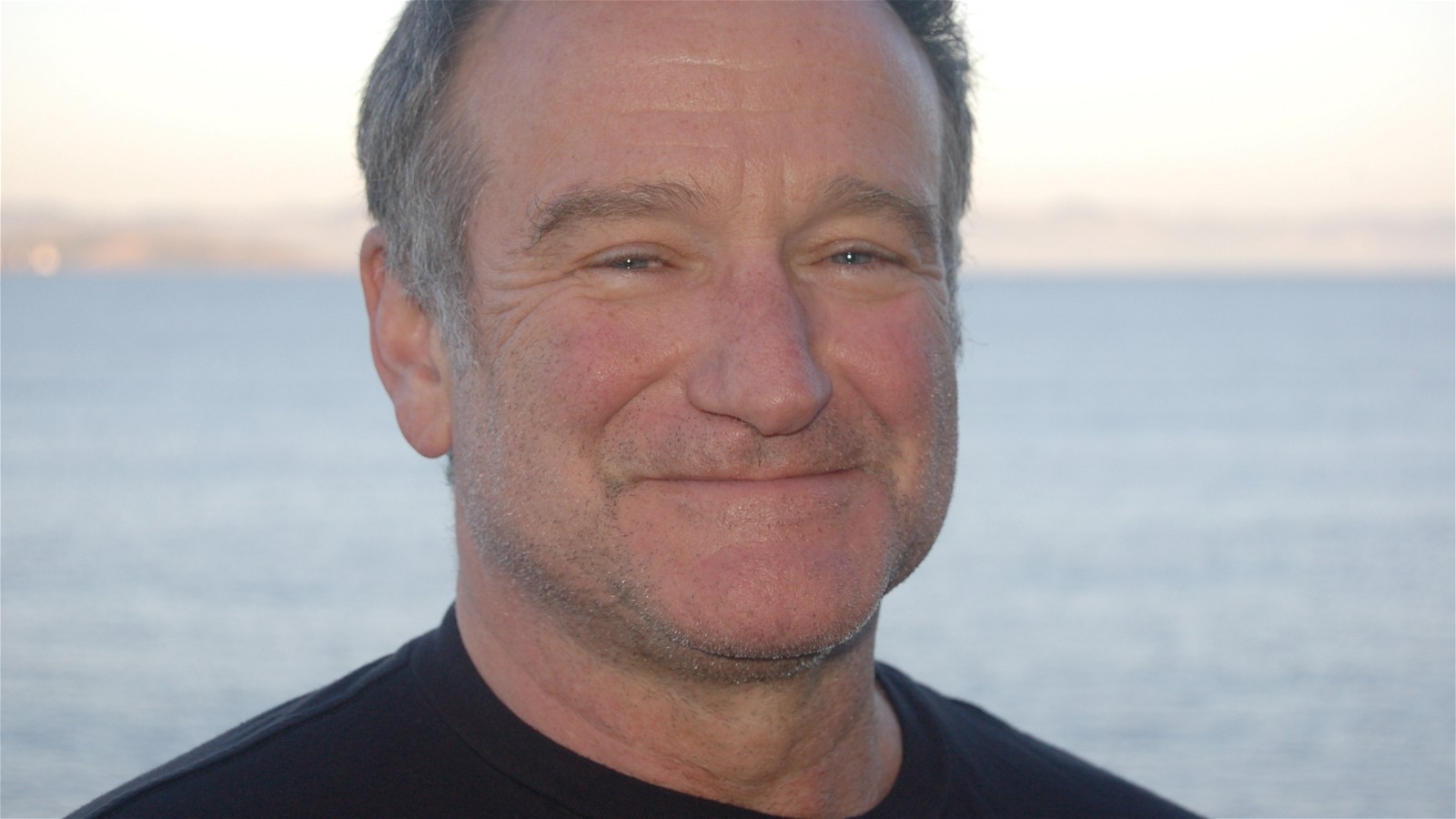
Disney, unfortunately, disregarded their agreement with Williams. The widespread commercialization of the Genie character after Aladdin’s success was a direct violation of the terms of the agreement. Williams felt devalued and exploited by the studio because of this betrayal.
The incident damaged Williams’s relationship with Disney and prompted discussions about whether or not the entertainment industry treats its artists ethically. Disney and Williams’ relationship endured rough patches, but they eventually patched things up.
The 1996 direct-to-video sequel Aladdin and the King of Thieves marked Williams’ return to the Aladdin franchise. According to reports, his salary this time was $1 million, a significant bump from his original payment of $500,000 to $600,000.
Although the gesture was appreciated, it did little to compensate for Disney’s initial mistreatment of a gifted performer. Even after his tragic death in 2014, Robin Williams’ comedic genius and profound acting skills remain popular.
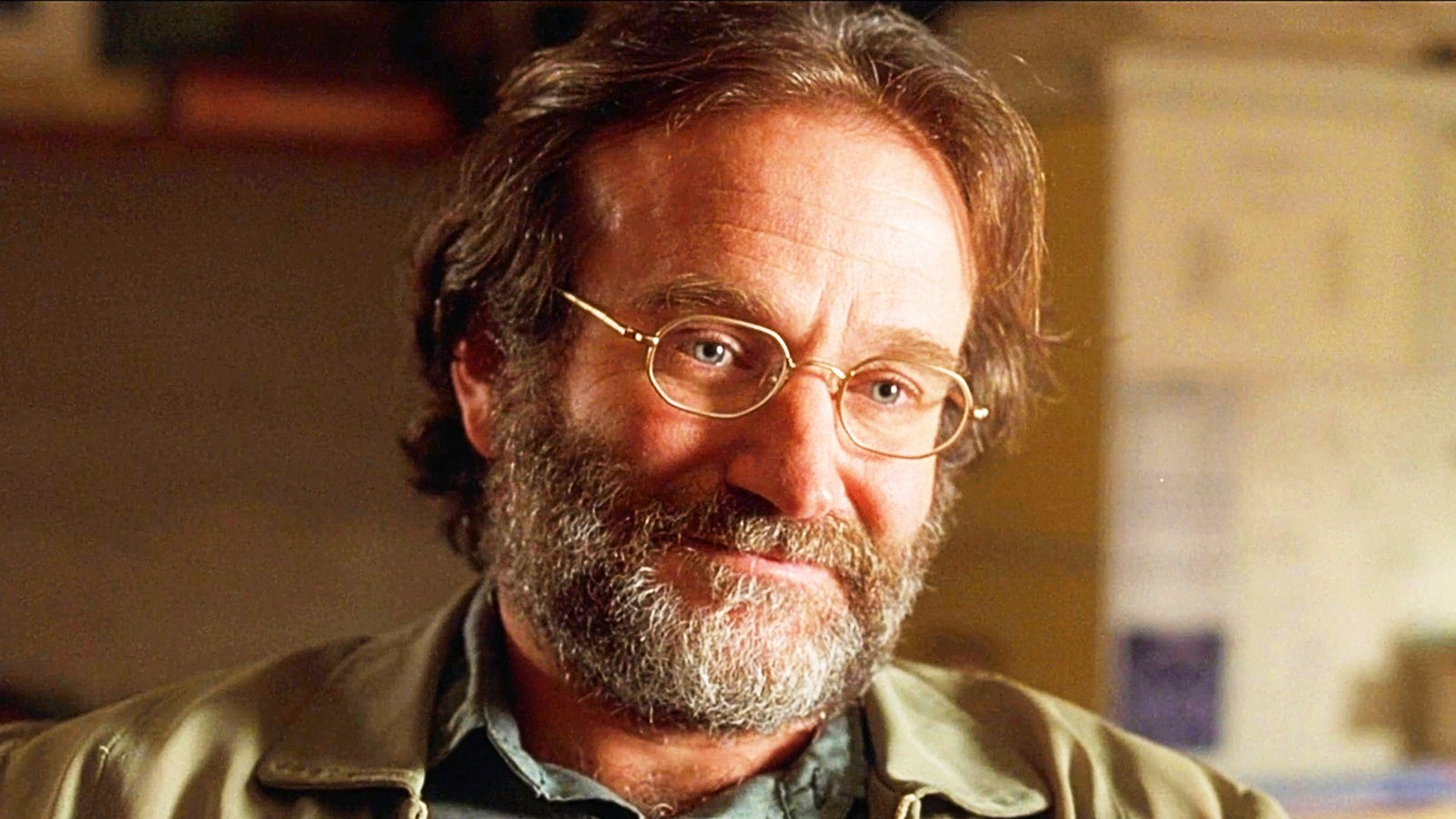
His movies, especially Aladdin, have stood the test of time and are beloved by audiences of all ages. Williams’s legacy is one of joy and encouragement that will live long after he is gone. There has been a resurgence of his iconic roles in recent years.
In 2019, Disney released a live-action adaptation of Aladdin, starring Will Smith as the Genie. Fans were excited and talked about the film because of the inevitable comparisons to Robin Williams’s performance.
In addition, Jumanji: Welcome to the Jungle and Jumanji: The Next Level gave the franchise a fresh look. One of Williams’ most cherished movies, Mrs. Doubtfire, had its Broadway musical premiere in 2021. Robin Williams’ legacy as the Genie and his numerous other iconic roles will continue to shine brightly despite the betrayal he faced.
Source: Los Angeles Times

